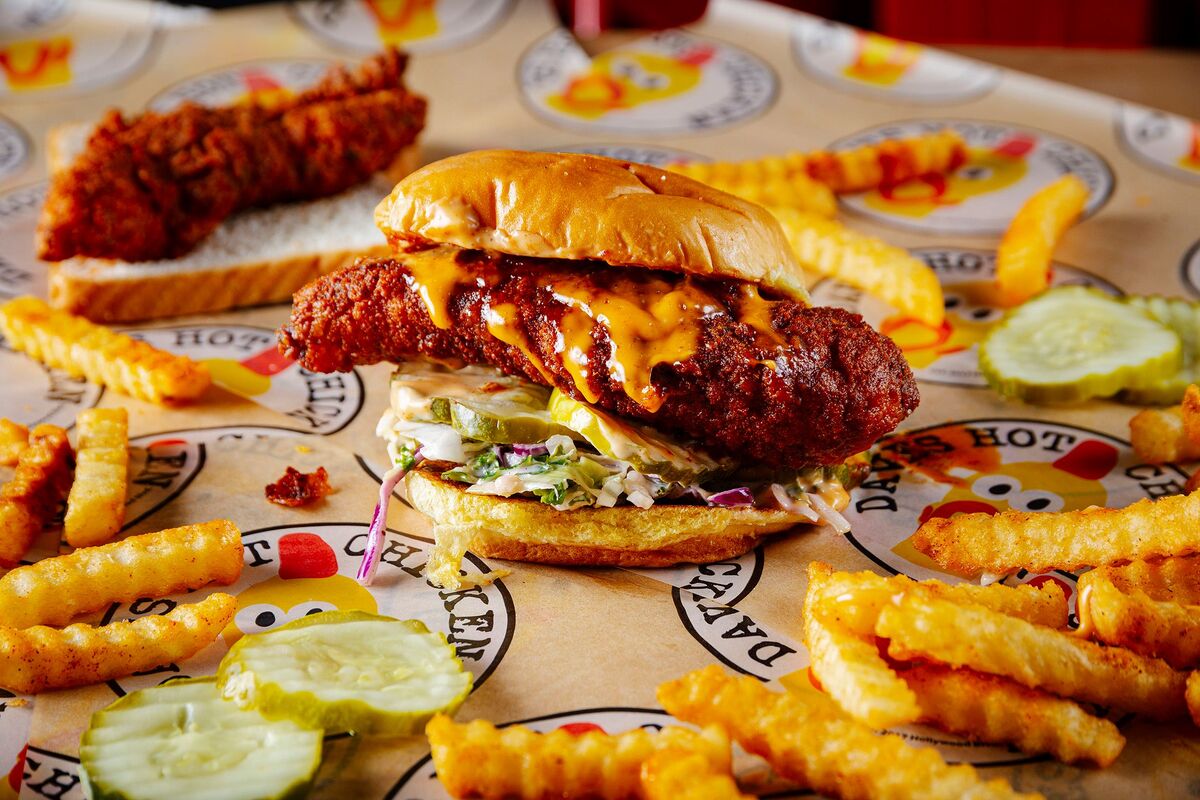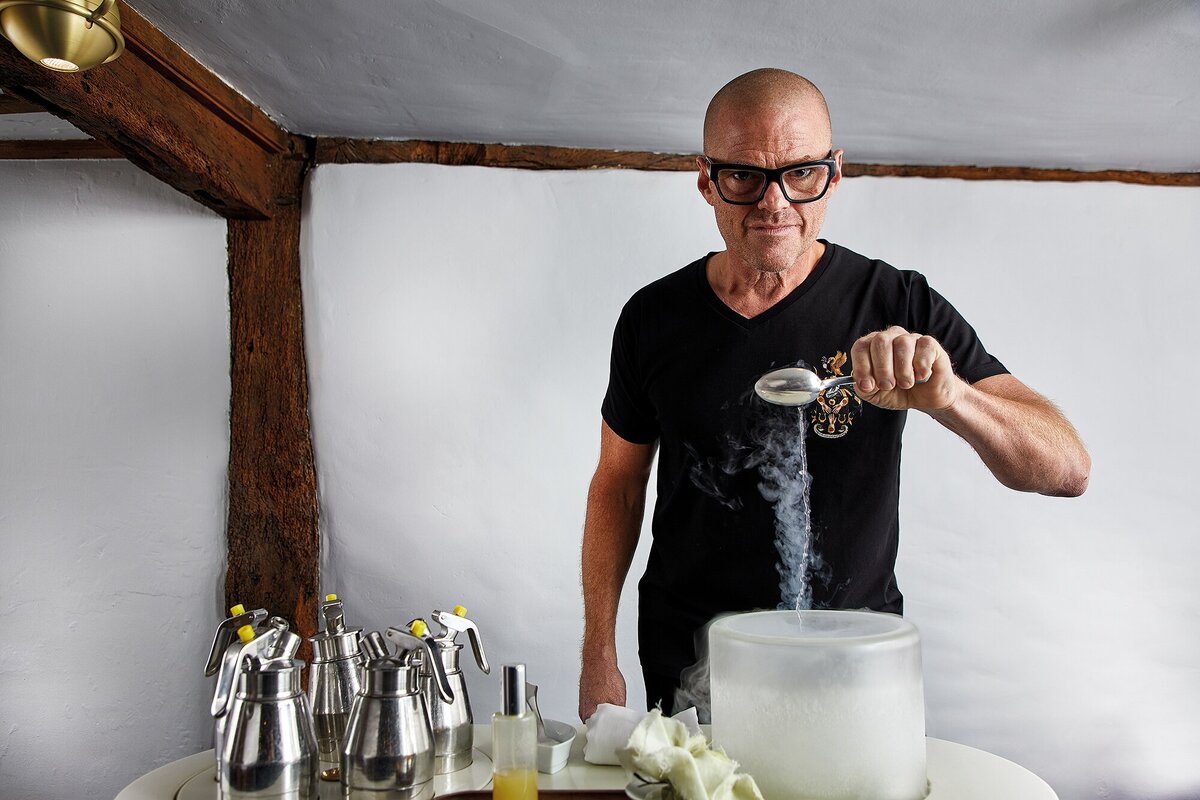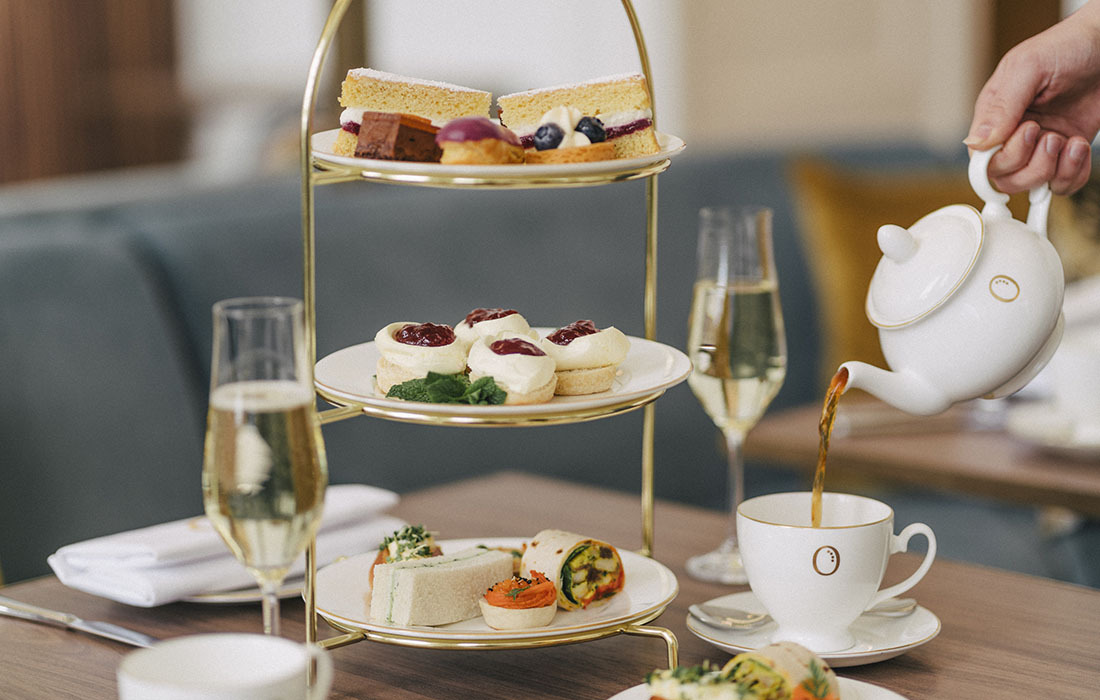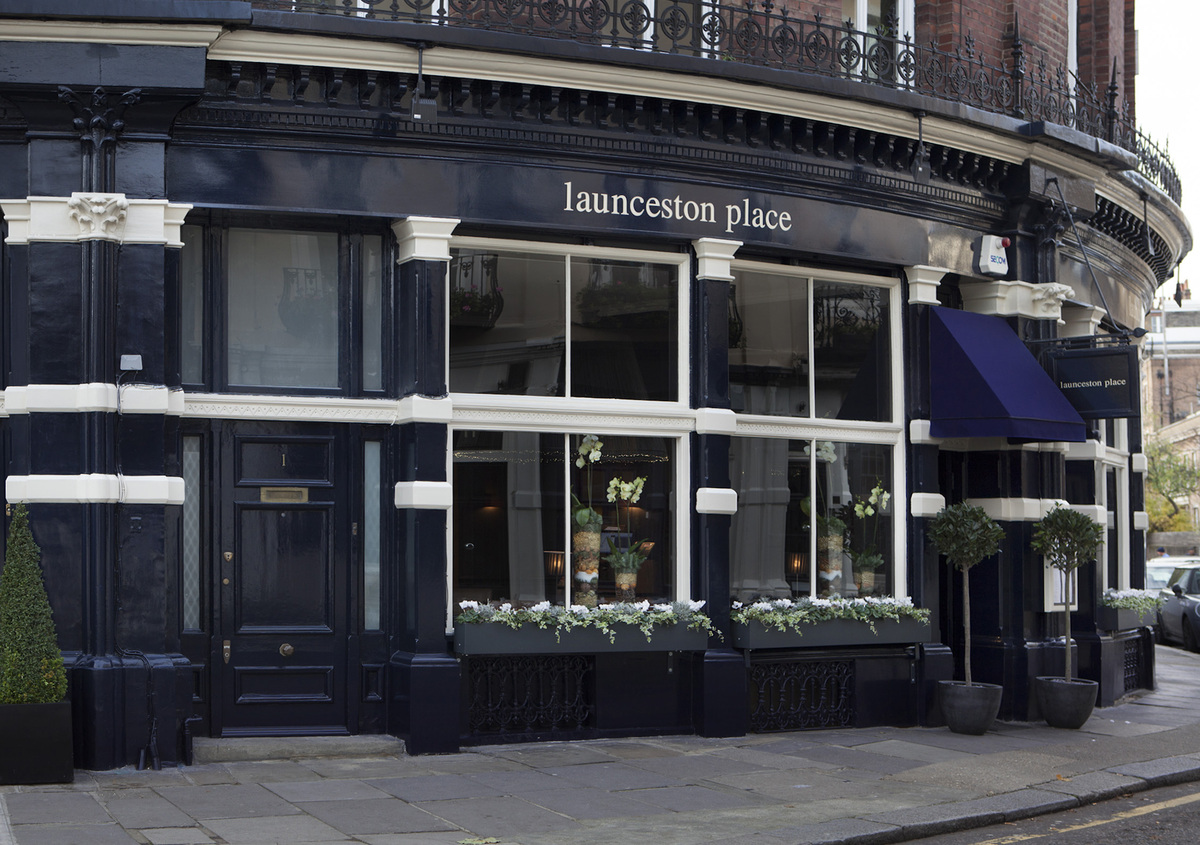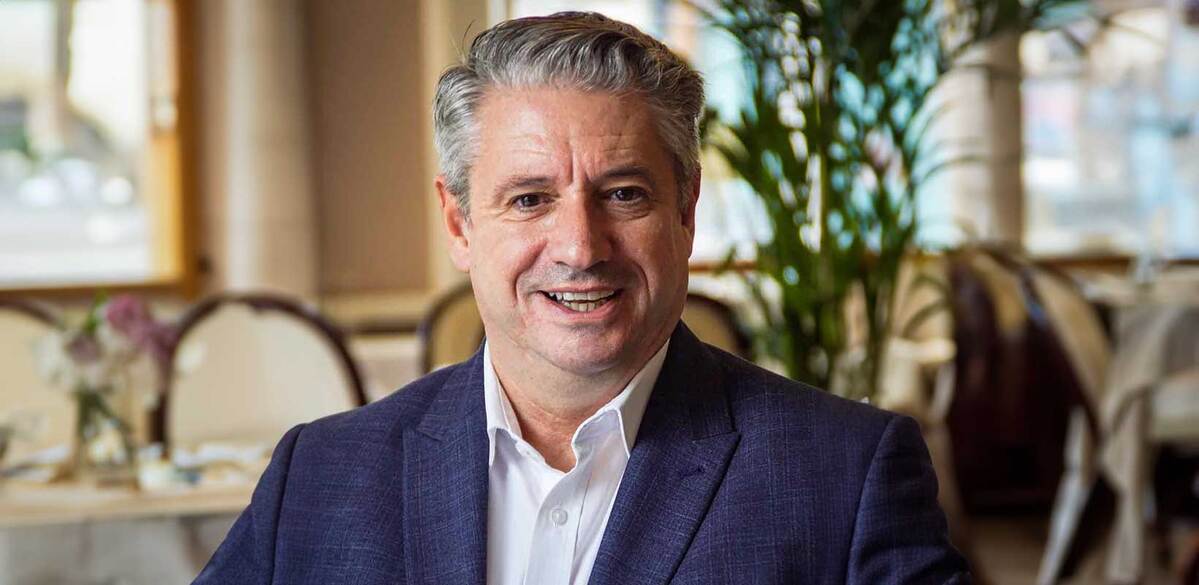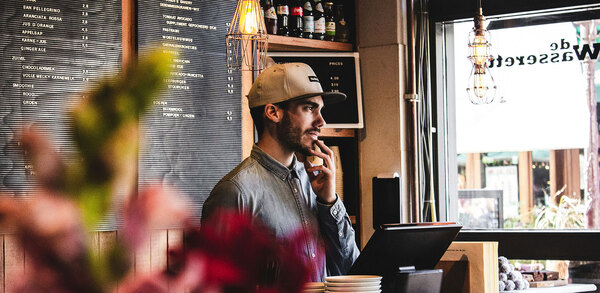Viewpoint: Making hay while the sun shines could pre-empt even darker times ahead, says Will Smith
The window of strong consumer demand won’t last forever, and piling more pressure onto staff just stores up trouble, says Will Smith.
As a business owner, it is really easy to blame Brexit and the pandemic for our kitchen staffing crisis. Those things are out of my control, and it’s a great way to let off steam and have a moan about something I can do nothing about.
The reality is, though, that I am to blame for the kitchen staffing crisis – and so is every other restaurant and hotel owner from the past 40-odd years.
Non-UK nationals have been the sticking plaster for our industry for decades, doing the jobs that the British don’t want to do. All that Brexit and the pandemic have done is ripped off the plaster and exposed the wound. Now, all of a sudden, we stand around asking ourselves: where are all the chefs?
We have to ask ourselves just why would a young person aspire to work in the kitchen? Anyone who doesn’t work in our industry will have heard about a chef’s life: long hours, often poorly maintained or non-working equipment, a hot and sweaty environment, mental or physical abuse from peers or seniors, no breaks, no tips, unpaid hours of work over and above your contracted hours – the list goes on. Add to that, our industry is classified as low-skilled or semi-skilled. Just who do we think would want to work anywhere in those conditions?
We need to wake up and get into the 21st century. Young people entering an industry already know in their mind what they expect from an employer. They don’t want to work 12- to 18-hour shifts. They want to be able to afford the latest technology, music, film and game downloads, eating out, and so on. They want a proper wage. They are the have-your-cake-and-eat-it generation. Most importantly, they also want a work-life balance. As business owners, we can push back against this as much as we want, but it isn’t going to change.
Those arduous all-day shifts with no days off for a fortnight or more, which we have been through ourselves, are consigned to history. If we want to rebuild our businesses with happy, energised teams, we have to change, and quickly, too. I for one have reassessed our offerings in the kitchen and the floor. I am certain it will reap rewards in the long term with a happy, positive, motivated team who can develop their personal and professional skills.
So where do we go from here? There is a strong urge to play the short game: stay open all hours, take all the sales opportunities you can, pile the hours onto the team and push them harder to fill the vacant shifts. Make hay while the sun shines. We have debt we never had before. This window of opportunity, this strength of consumer demand, surely will only last so long.
“Young people want a work-life balance. As business owners, we can push back against this as much as we want, but it isn’t going to change”
This thought no doubt is ringing in most restaurateurs’ heads right now. But in reality, what good will come of this strategy? A tired, demotivated, frustrated team who are not inclined to welcome your guests. Mistakes being made with tensions and pressure mounting. Guests leaving, having been given substandard service, quite probably never to return – with the added issue of negative online reviews. This route is a dead end, a lose-lose option.
Now is the time to play the long game, take control of our businesses and manage our way out of this mess. There is a route out, but it will require careful, planned, strategic decisions – decisions that will impact negatively on our bank balances in the short term and will be bitter pills to swallow. But with little sign of policy change from government, we are unlikely to see a sudden influx of European labour in the near future.
We’ve scaled our business back, reduced the trading hours and changed kitchen shifts to a 40-hour week over five days. This has had a real and immediate impact with some old team members tempted back in. We’re seeing some traction. There is light – it’s a long way off and we are far from confident, but the boat is holding steady.
Will Smith is the owner of the Sugar Boat




